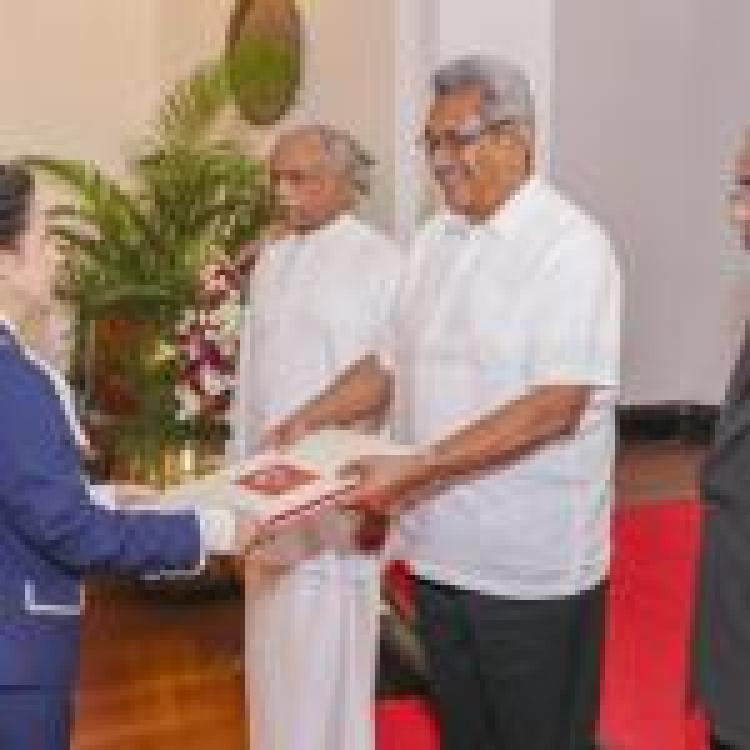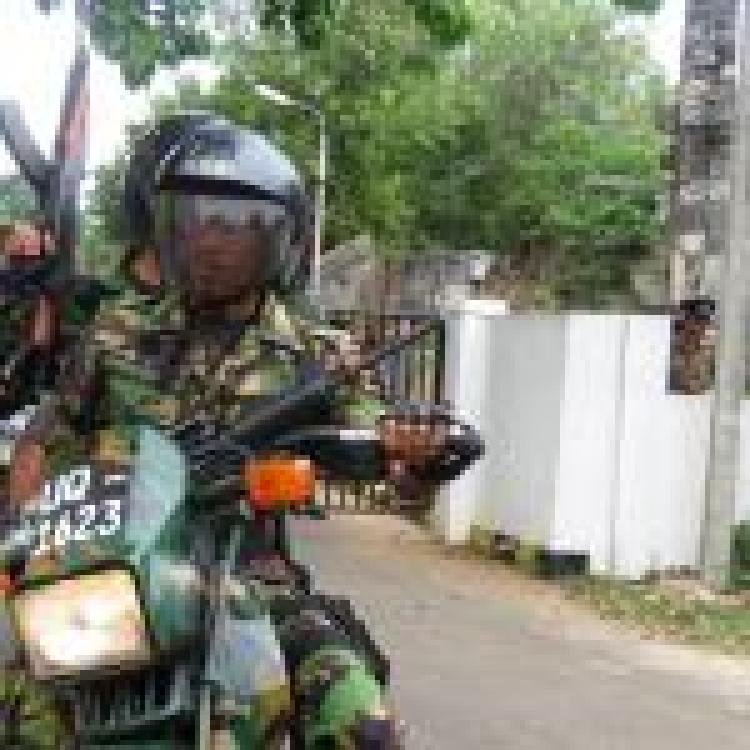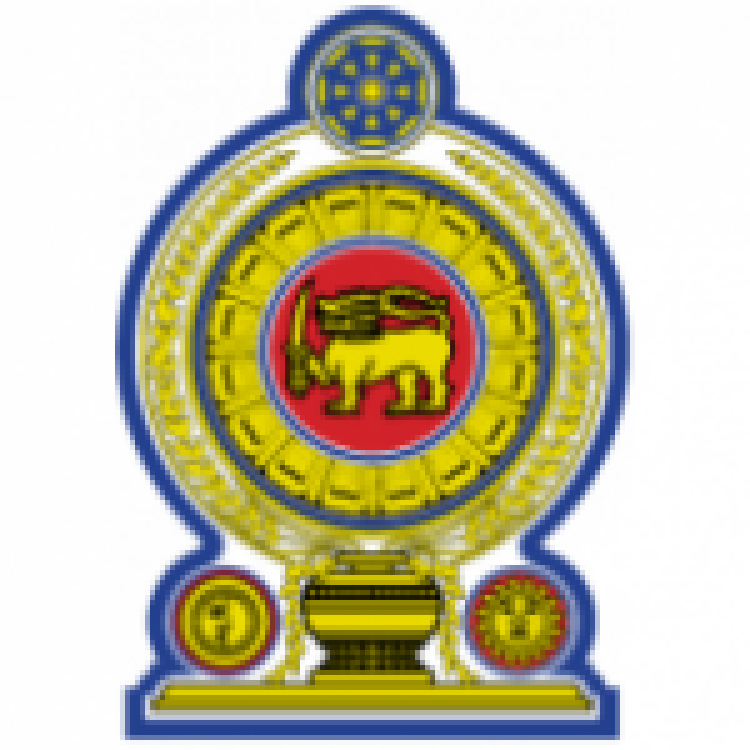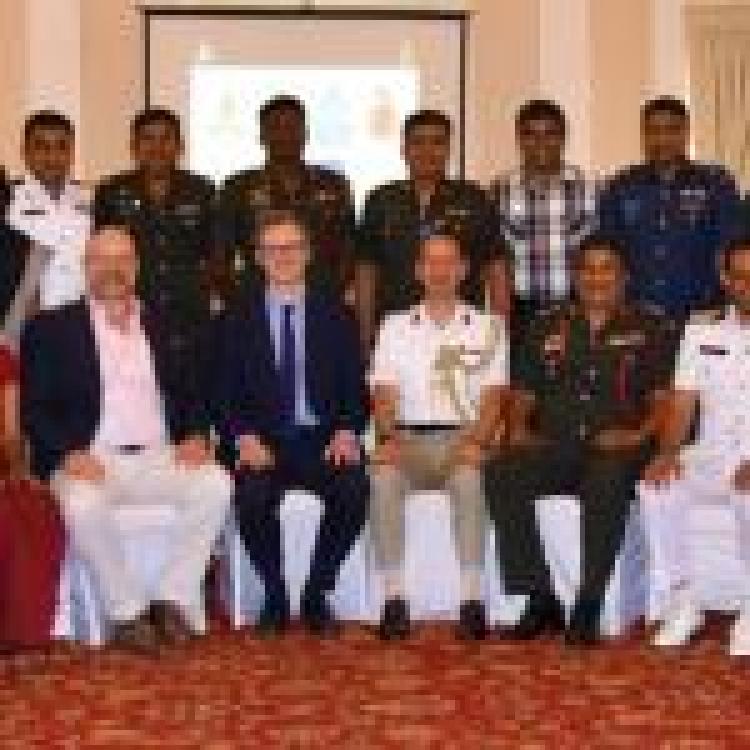
The United Nations Office of the High Commissioner for Human Rights (OHCHR) is meeting with Sri Lanka’s Minister of Justice to discuss legislation which aims to curb the propagation of hate speech through social media platforms.
During this meeting consisted of the OHCHR's Chief of the Rule of Law, Equality and Non-Discrimination, Mona Rishmawi, as well as Sri Lanka's Minister of Justice, Human Rights and Law Reform Nimal Siripala de Silva as well as Rory Mungoven, Francesca Marotta and Raghu Menon.
The plan to curb hate speech through social media has been spurred by a surge in anti-muslim attacks in Sri Lanka by hardline Sinhala Buddhist nationalists.
Sri Lanka has a history of ethnic pogroms conducted by the predominately Sinhala Buddhist community. In May 2018, in the Diagana and Teldeniya areas in the district of Kandy, Sinhala mobs and Buddhist monks set fire to two mosques. In total, at least 8 homes and 50 businesses were burned in these attacks.
In response to these attacks, Facebook pledged funding into Sinhala and Tamil language expertise to help tackle the issue of extremism on social media platforms in Sri Lanka.
Read more here: Facebook increases investment to curb hate speech in Sri Lanka
In May 2019, following the widespread attacks of Muslim homes, businesses and mosques in Chilaw, the government placed a temporary ban on social media networks including Facebook and Whatsapp. Two hours later, there were further reports of “hundreds of attackers” in the Muslim majority town of Kiniyama, which is surrounded by predominately Sinhala Buddhist villages.
Read more here: Police impose curfew in Chilaw following anti-Muslim violence
The International Crisis Group has reported that since Easter Sunday bombings which claimed the lives of over 260 innocent people, Muslims have faced significant reprisals from "Radical Buddhist militants who back – and have in past had the backing of – Gotabaya Rajapaksa”.
During Sri Lanka’s election campaign, a member of Rajapaksa’s legal council told a crowd of Muslims during a private meeting that if they did not vote for Gotabaya they may face violent repercussions. This video was spread across social media in Sri Lanka in the run-up to the election.
Read more here: “If we don’t support him, what will happen?” - Ali Sabry
As Al Jazeera notes, international legal scholars are conflicted over the issues of social media controls are governments have “the power to censor mainstream news outlets. Far from seeing the end of misinformation, Sri Lankans have been left with a lack of information”.
Read the Colombo Page here, read the latest ICG report here, and Al Jazeera reporting here,






